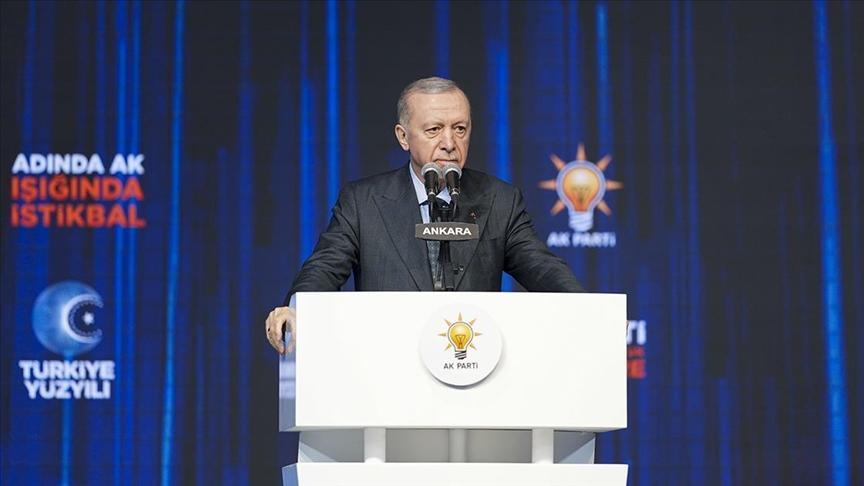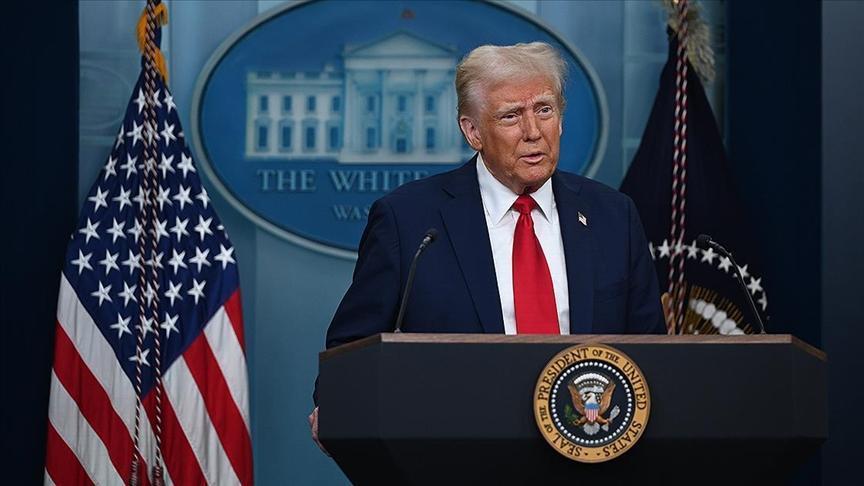Cadaver shortage hinders medical education
Beyazıt Şenbük – ISTANBUL

The lack of body donations in Türkiye is leaving many medical students to graduate without ever working on a cadaver, a cornerstone of medical education.
Experts emphasize that hands-on cadaver training is essential for developing surgical skills and understanding human anatomy, yet faculties across the country struggle to meet this essential need.
The experience students gain with cadavers is unmatched by technological models or digital simulations. However, body donations in Türkiye remain minimal, forcing universities to procure cadavers from abroad at high costs — averaging $15,000 per cadaver.
In some cases, these cadavers have been used for decades. Professor Ali Yılmaz of Trakya University notes that the shortage is particularly acute in Anatolian universities, where cadavers are scarce. His faculty currently has only one unopened cadaver for the next academic year, while ideally, there should be one cadaver for every 15-20 students.
Marmara University is one of the more well-equipped institutions with 30 cadavers.
“Although models and digital programs have advanced, cadavers remain irreplaceable for understanding the complexities of the human body,” said Ümit Şehirli, the dean of the Faculty of Medicine.
Students agree to it. Gülizar Çoğul, a third-year student, said, “I chose Marmara because it has cadavers. Graduating without this experience would leave my education incomplete. Each cadaver is a different teaching model.”
To address the shortage, experts propose promoting body donation through public awareness campaigns. Current laws in Türkiye require donors to document their consent with a signed report witnessed by two people and a physician.
Without sufficient cadavers, medical education faces a critical gap that could affect the quality of future doctors.
















